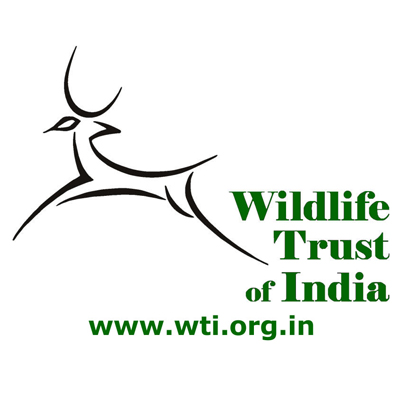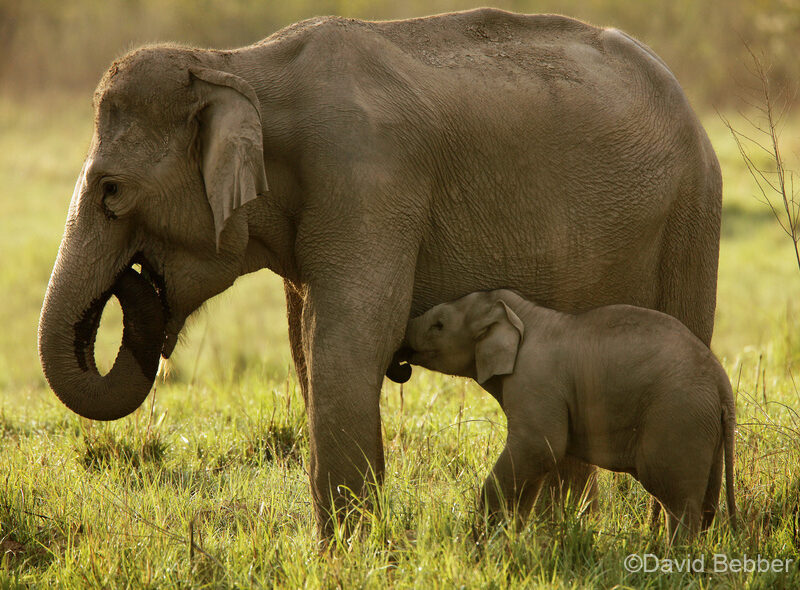MISSION
Wildlife Trust of India (WTI) operates in service of India’s natural heritage. Their mission is to conserve wildlife and its habitat, and to work for the welfare of individual wild animals, in partnership with communities and governments. To achieve their goals, WTI maintains an approach undergirded by science and shaped by empathy, focusing on key areas including wildlife crime, species recovery, and human-wildlife conflict mitigation.


